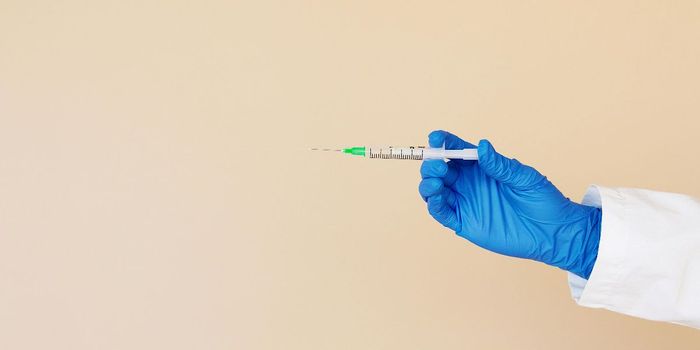Do Surgical Masks Really Prevent the Spread of COVID-19?
As COVID-19 has spread around the world, there has been a global run on surgical masks. This has led some governments, such as that in India, to ban the export of surgical masks, with others recommending citizens to ‘make their own’ to make up for shortages. But do surgical masks actually prevent the spread of COVID-19?
Although it may seem intuitive that covering your nose and mouth will prevent your chances of contracting the virus, it may not be so simple. According to the United States Department of Labor, although somewhat effective in preventing person-to-person transmission, surgical masks do not prevent one from catching respiratory illnesses such as the flu and COVID-19.
This comes as surgical masks are not actually designed to prevent the inhalation of small airborne particles. Although they may be effective in preventing contact with larger hazards, such as splashes of blood, as they do not seal tightly on the user’s face, it is very possible for contaminated air to make its way through the gaps, from where they are then inhaled. More than this, the ability of such masks to filter air varies as much according to the materials used for the masks, and so are generally not relied upon to protect against airborne infections in high-risk settings such as hospitals.
Although surgical masks may not be good at preventing a person from catching COVID-19 however, they may be more effective in preventing its spread. In covering the user’s mouth and nose, they may be able to prevent person-to-person infection by catching and trapping large particles from bodily fluids expelled by the user that may contain bacteria or viruses. Thus, especially for those suspected of being sick with COVID-19 or other respiratory infections, wearing a surgical mask is generally recommended to prevent transmission of the virus.
To be able to both prevent the catching and spreading of the virus, the US Department of Labor recommends people to use a respirator instead. Available in various sizes, as they are better able than surgical masks to tightly seal around the user’s face, they force air to be inhaled via the mask’s filter material, rather than any gaps, thus trapping any harmful particles and reducing one’s chance of infection on either end.
Sources: United States Department of Labor, TIME and Sciencealert









